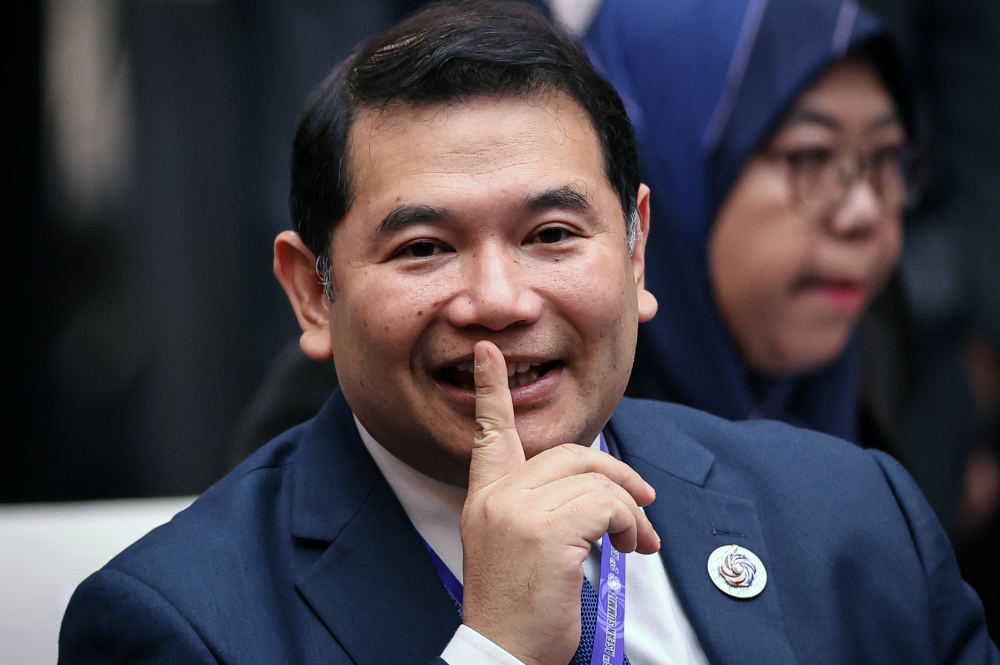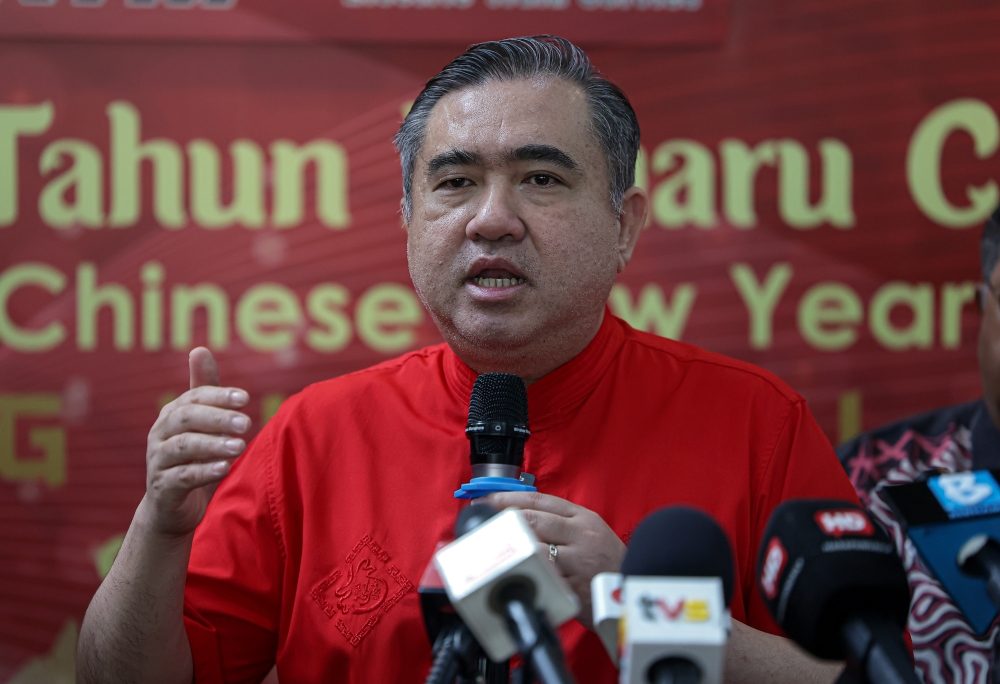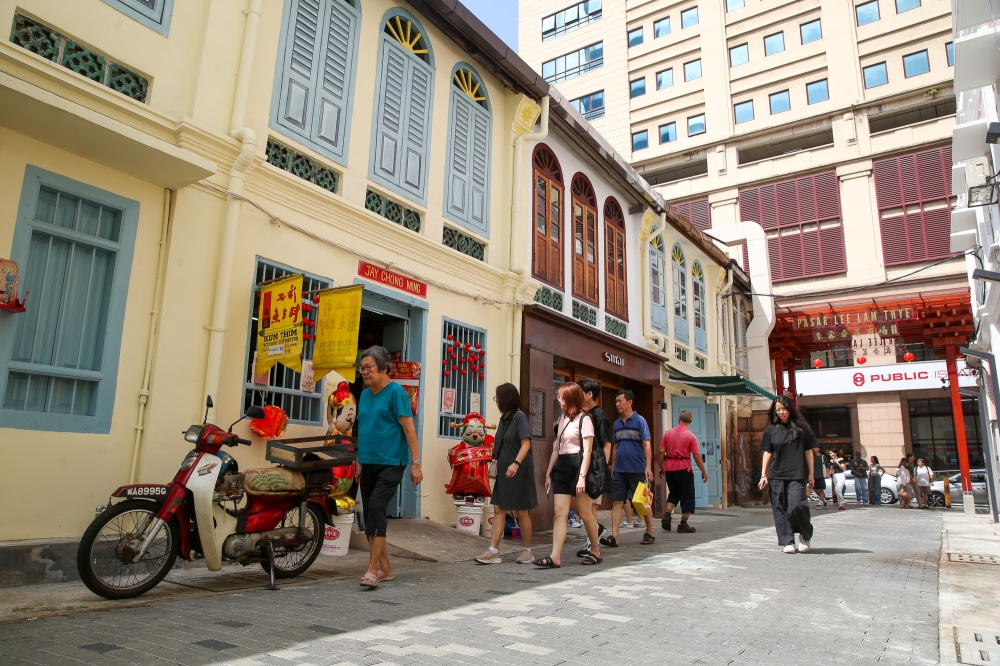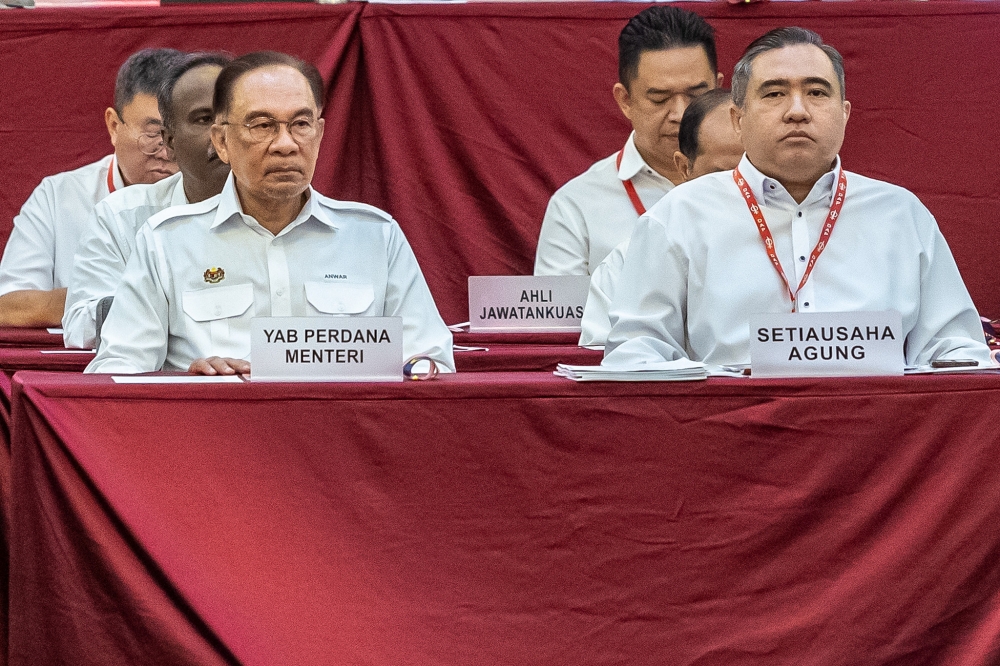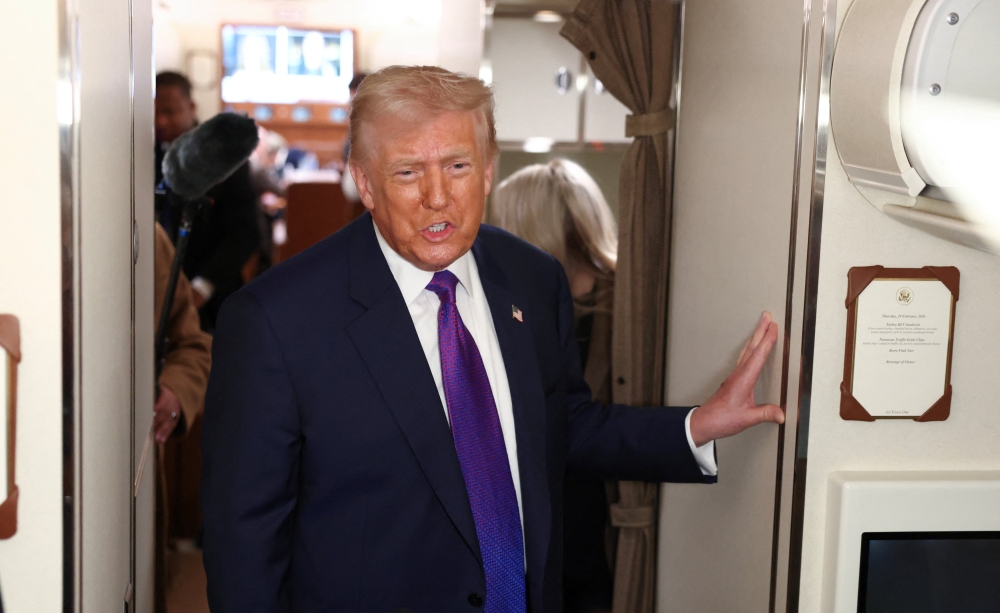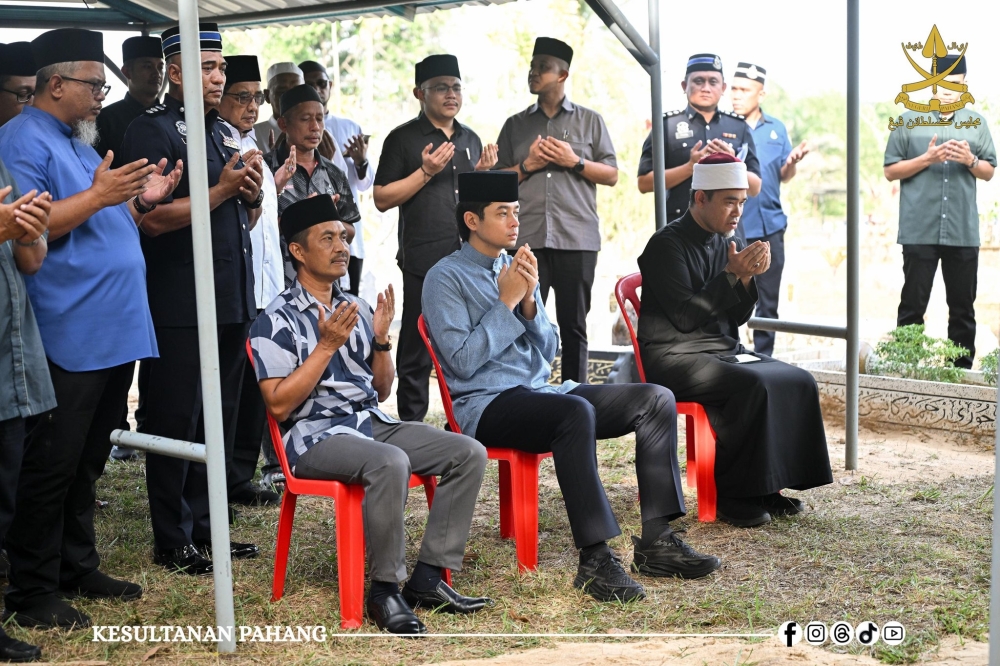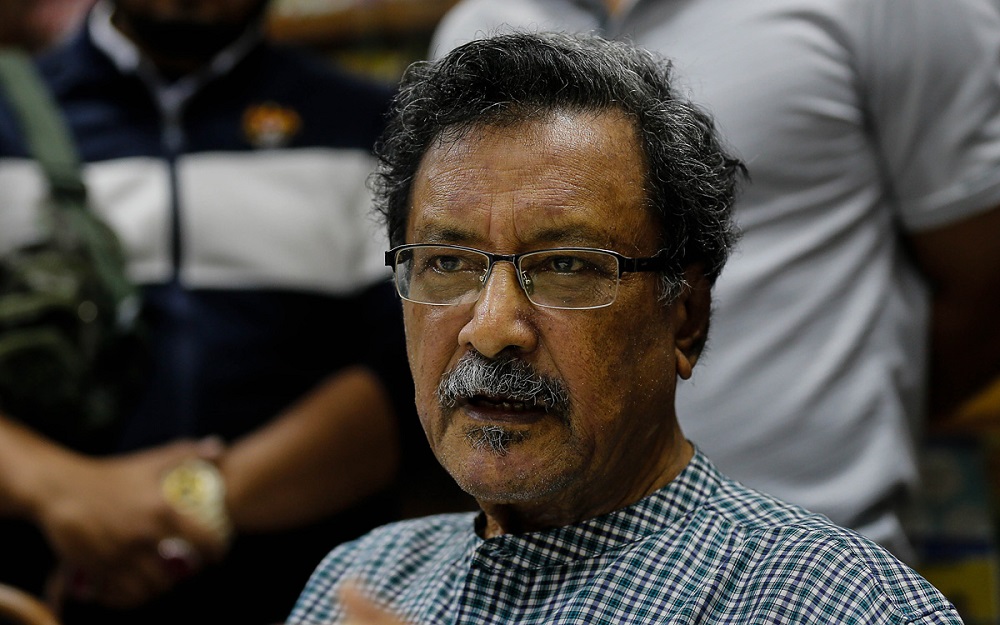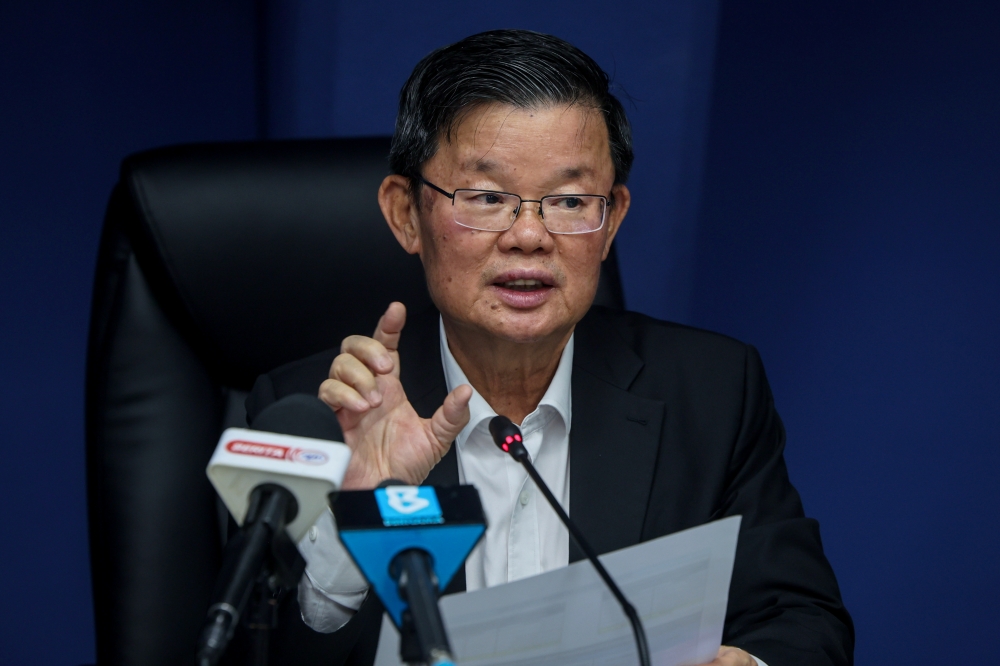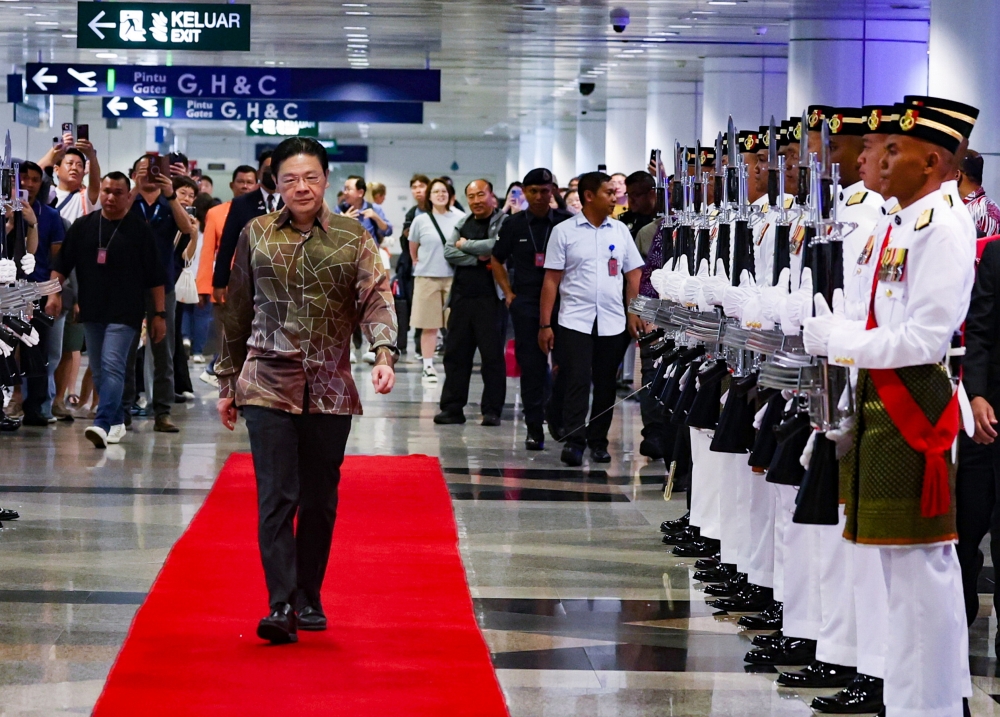GEORGE TOWN, Sept 10 — The Penang Consumers Association (CAP) suggested that the federal government scrap the Malaysia My Second Home (MM2H) policy and formulate a comprehensive housing policy to address the needs of the country’s lower-income groups.
CAP president Mohideen Abdul Kader said the current housing policy is not benefiting poorer Malaysians and instead enabled profiteering by developers.
“We urge the government to put in place a housing policy that would enable the B40 to have accommodation without a financial burden,” he said in a statement today.
He claimed that in some cases, a low-cost home priced at RM72,500 would be inflated to almost RM120,000 with renovation and car park packages that were supposedly optional but would allegedly cause the buyers to lose their spot if they reject these.
“The developers are building low-cost and ‘affordable’ homes just to fulfil the government regulations and attempt to circumvent them whenever possible to milk the B40s and those who are in dire need of roofs over their heads,” he said.
He added that the authorities must also ensure that low cost and medium cost house are of liveable quality and sold at the price fixed by the government.
Many developers are now trying to bank on the anti-government protests in Hong Kong by targeting residents of the Special Administrative Region of China to invest and relocate here, he asserted.
Mohideen conceded that this would address the property glut in the country but not address the chronic inability of Malaysians to purchase their own homes.
“Encouraging foreigners to acquire properties here have undesired impacts such as causing property prices to skyrocket because of demand, aggravating the current shortage of land, and causing an increase in the cost of living,” he said.
He warned that Penang would become another Hong Kong in which the poor were restricted to slums or micro-flats due to exorbitant property prices.
The government should stop bowing to developers that kept building luxury homes that were beyond what average Malaysians could buy, he added.
“The government should focus on the development of Rent-to-Own flats, low-cost and ‘affordable’ housing for the poor,” he said.
He blamed the current property overhang on developers’ over-optimism about the housing market that did not account for the economic realities and financial capabilities of Malaysians.
Penang, Selangor and Johor have set the highest minimum property prices for foreigners to acquire properties.
Foreigners may only purchase residential properties above RM2 million in Selangor and Johor while in Penang, they can only purchase landed properties above RM3 million and high-rise units above RM1 million on the island.
The minimum price for foreigners to purchase residential properties in Seberang Perai is fixed at RM1 million for landed properties and RM500,000 for high-rise units.
Mohideen said a total 42,271 applications under the MM2H policy from 130 countries were approved between 2002 and 2018.
He pointed out that Hong Kong has the least affordable housing market in the world, according to Demographia in 2019.
“In 2016, a 292 sq ft studio apartment, called ‘nano-flats’, was sold for HK$6 million (RM3.2 million). In 2018, a 178 sq ft micro-home cost HK$3.5 million (RM1.8 million),” he said.
He said with RM3 million, a Hong Kong buyer will be able to buy an almost 2,000 sq ft luxurious bungalow in Tanjung Bungah which is almost 11 times the size of Hong Kong’s 178 sq ft micro-home.
As for Singaporeans, he said RM3 million is equivalent to US$718,787 or S$995,405 respectively.
“It is little wonder that Singaporeans came to Penang on a shopping spree for pre-war houses around 2008 when George Town was declared a Unesco World Heritage area,” he said.
He said it was the increase in interests of foreign buyers for these properties that led the prices of houses in the inner city of George Town to soar beyond the affordability of most locals to rent or buy.

